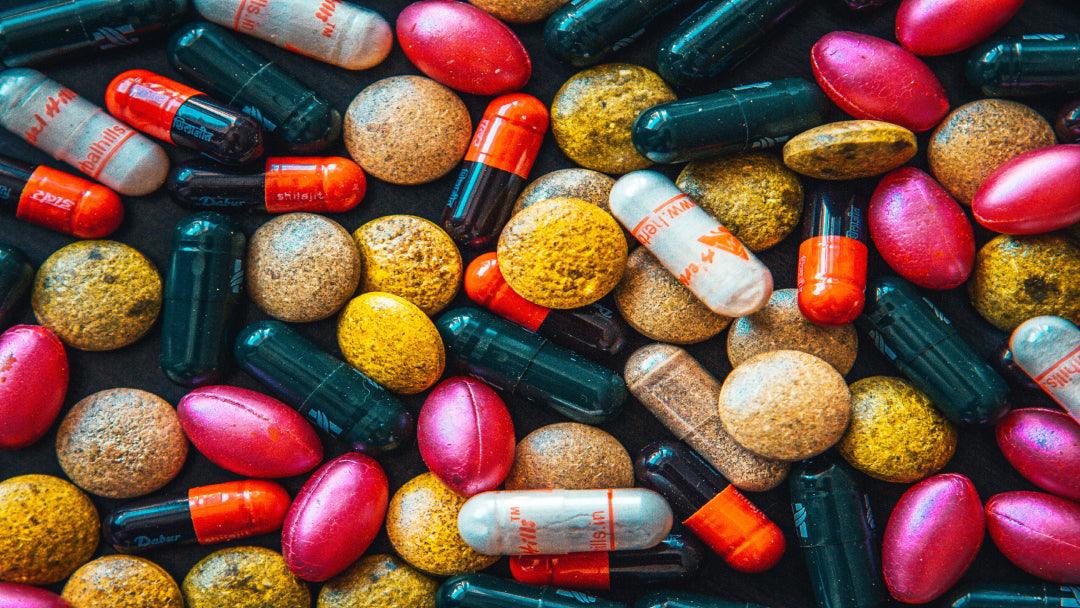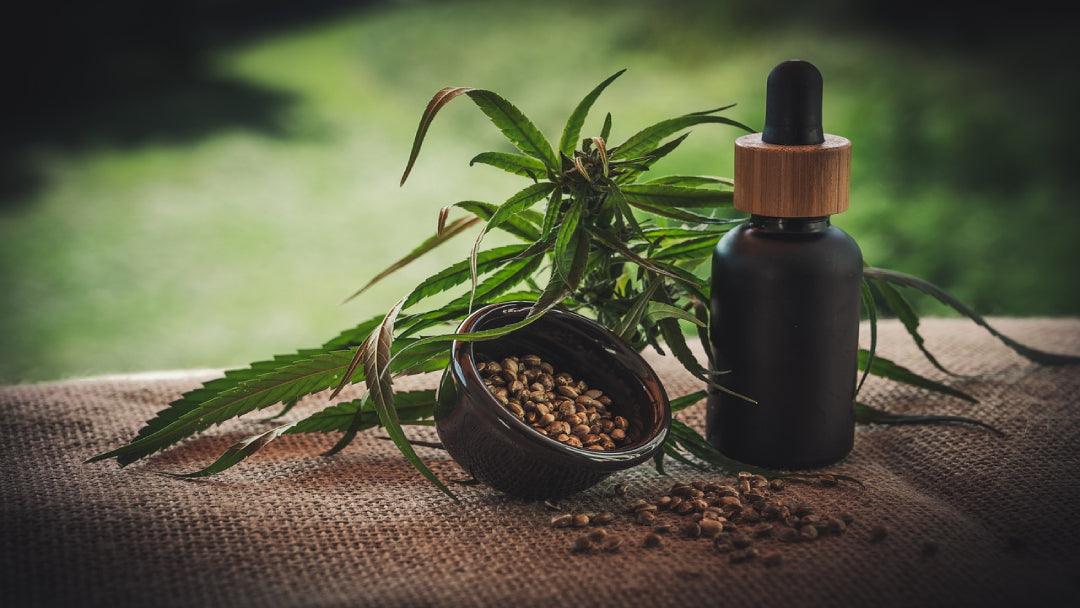What Drugs Should Not Be Taken With CBD? Cannabidiol (CBD) is a well-known natural medicine with possible health advantages. Similar to other supplements or medications, understanding potential risks and interactions with CBD is essential for safe use. This guide will outline medications to avoid pairing with CBD and offer tips for preventing possible drug interactions.
What Exactly is CBD?
Cannabidiol (CBD) is a natural chemical found in the cannabis plant that is becoming increasingly popular as a supplement for various health concerns. CBD is a non-psychoactive chemical, which means it does not provide the "high" associated with marijuana use.
It is available in various forms, including oil, pills, and edibles. CBD oil, commonly taken sublingually or under the tongue, is the most popular way of ingestion. This approach ensures rapid absorption into the bloodstream.
Some of the most frequently claimed advantages include reduced anxiety and depression, pain relief, and improved sleep. Research suggests that CBD, with potential anti-inflammatory properties, might be effective in treating conditions such as arthritis and multiple sclerosis.
While there is an increasing amount of studies on the potential advantages of CBD, more research is required to thoroughly understand its effects and potential hazards. Before using CBD, always consult with a healthcare practitioner, especially if you are presently taking any drugs or have a pre-existing medical condition.
Do you want to give CBD a try? View our selection of CBD products.
Drug Interactions That Could Happen

Cannabidiol (CBD) is a natural treatment gaining popularity because of its possible health advantages. However, like with any supplement or medication, it is critical to be aware of the potential hazards and interactions that may occur when using CBD. One of the most crucial things to consider when using CBD is the possibility of medication interactions. CBD is processed by the liver, which means it may also interact with medications metabolized by the liver. This can result in higher amounts of certain medications in the bloodstream, which can have dangerous consequences. Taking CBD alongside blood thinners such as warfarin or heparin, for example, can raise the risk of bleeding. This is due to CBD's ability to block the activity of cytochrome P450 enzymes, which are responsible for the metabolization of numerous medications in the liver.
Another potential CBD medication interaction is when it is combined with antidepressants such as selective serotonin reuptake inhibitors (SSRIs) or tricyclic antidepressants. Taking CBD with these medicines may raise the risk of sleepiness and sedation. This is due to CBD's ability to interact with the serotonin system, which regulates mood, anxiety, and other cognitive functions. Furthermore, CBD may interact with antihistamines, causing sleepiness and dry mouth. This is due to the fact that CBD also interacts with the endocannabinoid system, which is in charge of regulating the body's response to histamine, a substance that triggers allergic symptoms.
It is crucial to remember that these are only a few instances of potential medication interactions with CBD. Many other pharmaceuticals may interact with CBD; therefore it is always best to talk with a healthcare practitioner before using CBD, especially if you are presently taking any prescriptions.
Related Link: Can I Give My Dog Human CBD Oil?
Avoiding Drug Interactions
It is critical to identify any drugs or supplements that you are currently taking to avoid potential drug interactions with CBD. Consult your healthcare provider if you are unsure about a potential interaction. Furthermore, to assure purity and efficacy, use CBD products that have been analyzed by third-party labs.
This will assist you in avoiding any potential negative effects. When using CBD, it is also important to consider the various types of CBD accessible. The most frequent forms include CBD oil, pills, and edibles. They also come in a variety of potencies and dosages, so it's critical to select the proper one for you. Another crucial factor to consider when using CBD is the product's origin. Ensuring the product originates from reputable hemp plants and a reliable source is essential for quality assurance.
Related Link: Can Humans Take Pet CBD Oil?
CBD Dosages

What Is the Importance of Dosage?
Proper dosing is critical because it allows your body to get the most out of the CBD you consume. Too much or too little can result in poor outcomes or even unpleasant side effects like nausea or exhaustion. It all depends on your unique body chemistry and the product you're using.
Identifying Your Optimal Dose
The appropriate dose for each person will differ depending on their size, weight, gender, age, medical condition(s), genetics, and other characteristics that are unique to them. In general, start with a low dose — about 2.5 mg, twice daily, for every kilogram of body weight — and gradually increase until you discover your sweet spot. You should also keep track of any changes in your symptoms so that you can make any necessary adjustments. Before beginning any form of CBD regimen, you should also contact a doctor or healthcare practitioner who specializes in cannabinoids.
Do you have any questions about CBD? Reach out to us today!
Mixing CBD and Drugs
CBD is gaining popularity due to its possible health advantages; nevertheless, when taken in excessive levels, it might interact negatively with certain medications and alcohol. If you regularly use prescription medications, always see your doctor before beginning a new supplement regimen, such as utilizing CBD products, so they can advise you on which medications may interact poorly together. You can ensure that using CBD will benefit rather than hurt your general health and well-being by being aware of potential drug interactions and regularly monitoring yourself for unpleasant responses if necessary.
Related Link: Comparing Isolate and Full Spectrum CBD Expansion


















